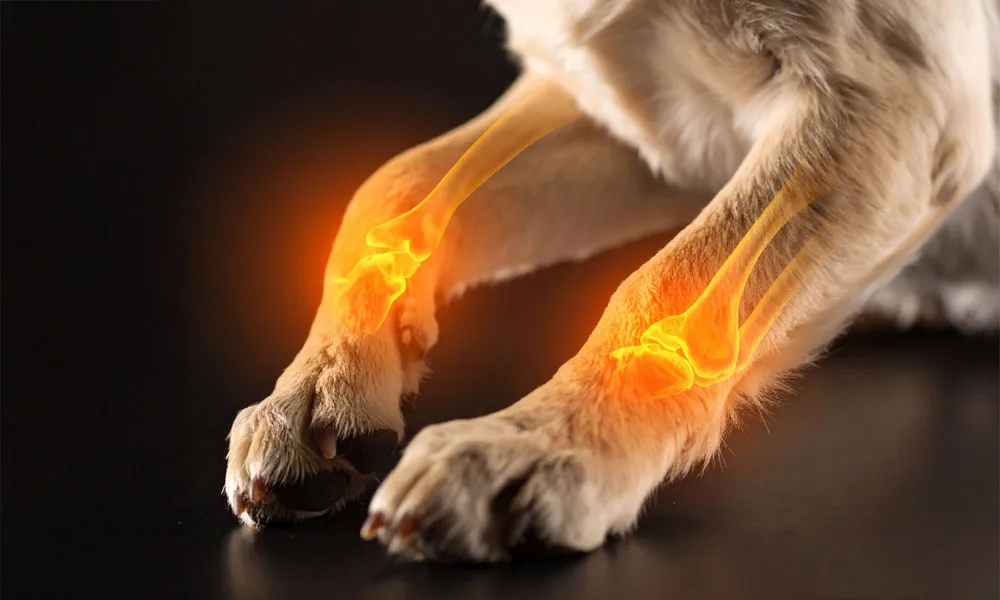Spotting the First Signs of Limping
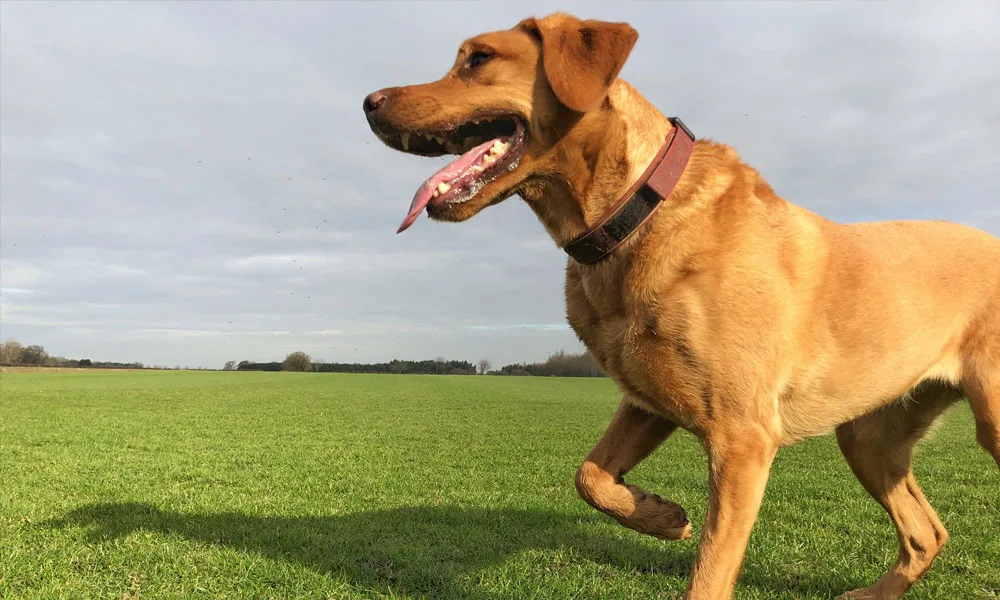
A playful run at the dog park turns into a sudden limp. A once spry cat hesitates to leap onto the couch. Limping, stiffness, or joint pain are some of the most apparent signs that your pet needs veterinary care. While some cases may be mild and temporary, others can point to a more serious condition that requires immediate attention. No matter the cause, changes in how your pet moves should never be ignored.
Why Pets Limp
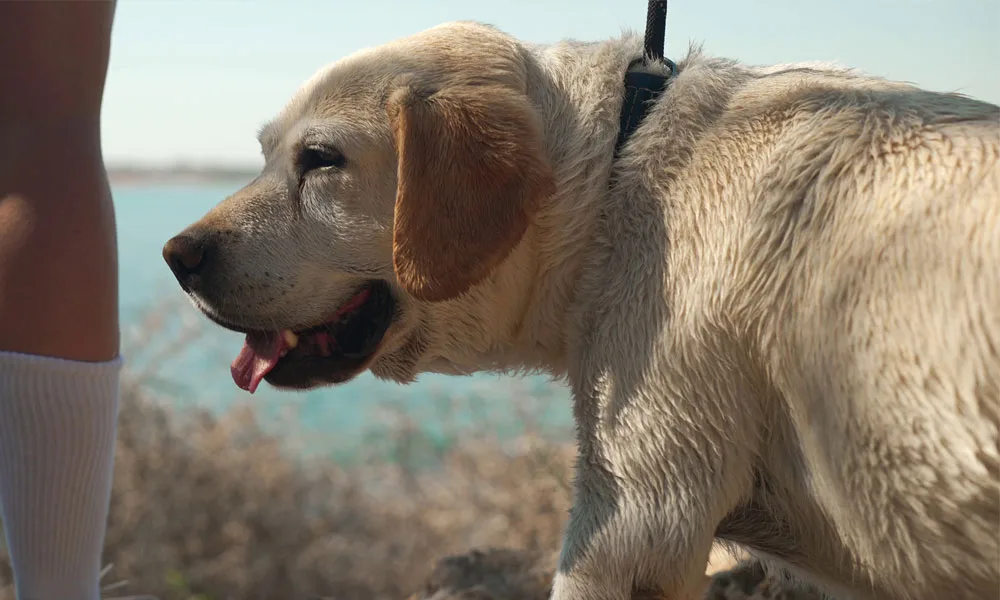
Pets can limp or show joint pain for a variety of reasons. Some are minor injuries, while others develop over time as part of aging or breed-specific issues. Here are some of the most common causes:
- Injuries: Dogs and cats can sprain muscles, tear ligaments, or break bones. Large-breed dogs, in particular, are prone to ACL tears during play.
- Arthritis: One of the most common causes of chronic joint pain, arthritis leads to inflammation and stiffness that worsens over time.
- Hip or elbow dysplasia: Improper joint development often leads to long-term mobility problems in certain breeds.
- Obesity: Excess weight puts added strain on bones and joints, increasing the risk of arthritis and pain.
- Neurological conditions: Spine or nerve issues can also cause pets to walk unevenly or drag their legs.
When to See a Veterinarian
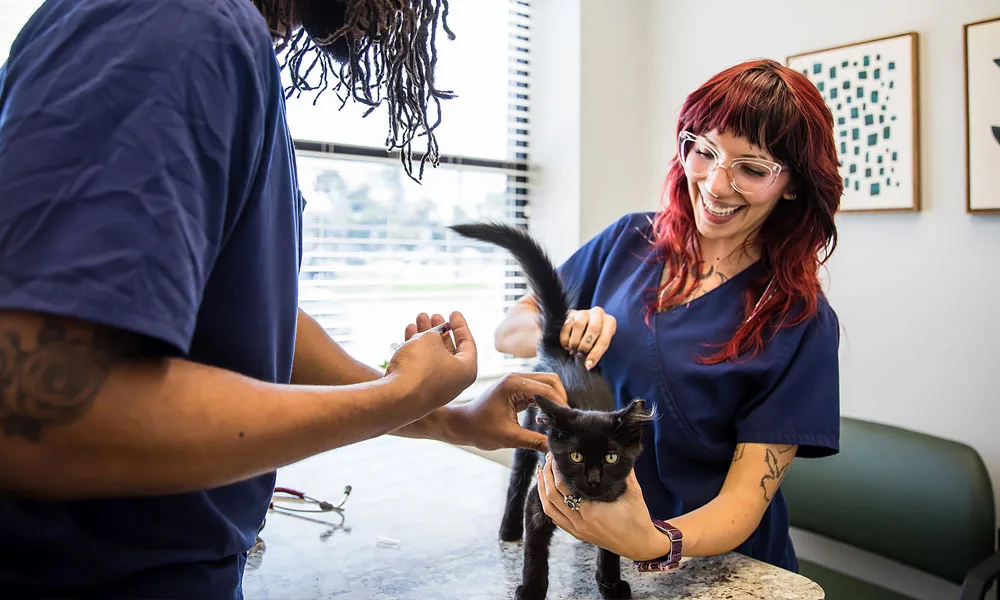
Not every limp means an emergency, but persistent or severe cases should always be evaluated by a vet. You should call for an appointment if your pet:
- Refuses to put weight on one or more legs.
- Shows swelling, heat, or obvious pain around a joint.
- Struggles to rise, climb stairs, or get onto furniture.
- Cries out, whines, or avoids touch when moving.
- Has symptoms that worsen after rest or activity.
For puppies, senior pets, or cats, even subtle limps should be taken seriously, as early intervention can prevent further damage.
How East Hill Animal Hospital Diagnoses Joint Problems
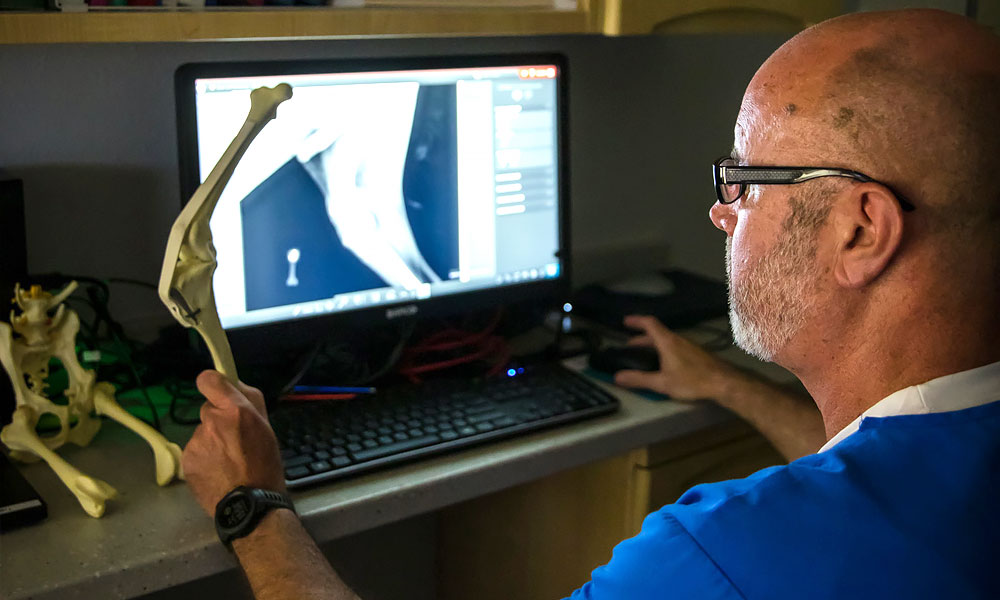
At East Hill Animal Hospital in Pensacola, our veterinary team combines hands-on expertise with advanced technology to determine the cause of your pet’s limp. We use:
- HDVI CT scans for high-resolution 3D imaging of bones and joints.
- Digital X-rays to identify fractures, arthritis, or dysplasia.
- Ultrasound is used to assess soft tissue injuries, such as ligament tears.
- In-house lab work to check for underlying infections or systemic disease.
With accurate diagnosis, we can create a treatment plan tailored to your pet’s unique needs.
Treatment Options for Limping and Joint Pain
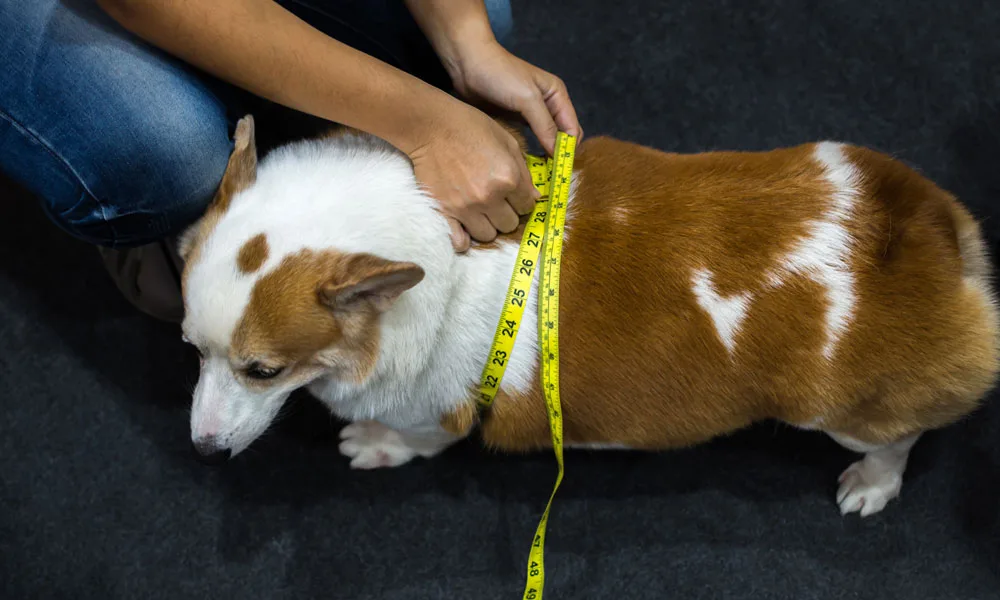
Treatment depends on the cause, but common solutions may include:
- Medications: Anti-inflammatory drugs and pain relievers can ease discomfort.
- Surgery: For severe injuries such as ACL tears, fractures, or hip dysplasia.
- Weight management: Reducing excess pounds takes stress off the joints.
- Lifestyle modifications: Gentle exercise, orthopedic bedding, and ramps to reduce jumping.
Rehabilitation at The Canine Institute
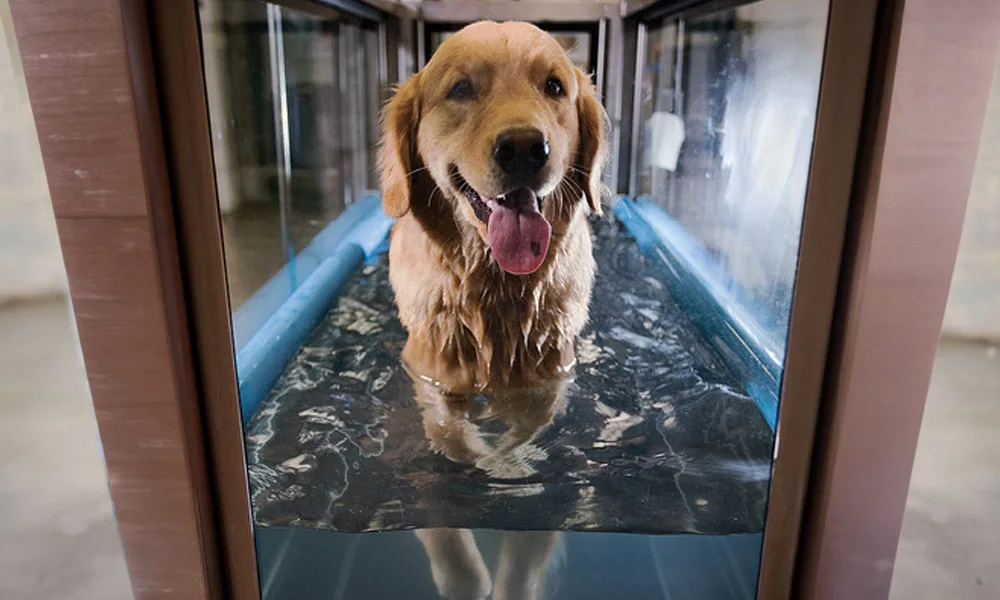
Located inside East Hill Animal Hospital, The Canine Institute offers specialized rehabilitation services for dogs recovering from injuries or living with arthritis. Programs include:
- Underwater treadmill therapy: A safe, low-impact way for pets to exercise while protecting their joints.
- Weight Waggers program: A guided weight loss and fitness plan to improve mobility.
- Laser therapy: Reduces pain and inflammation naturally.
- Customized rehab plans: Designed for pets recovering from surgery or managing chronic conditions.
This comprehensive approach helps pets build strength, improve flexibility, and regain confidence in their movements.
Helping Pets Move Comfortably Again
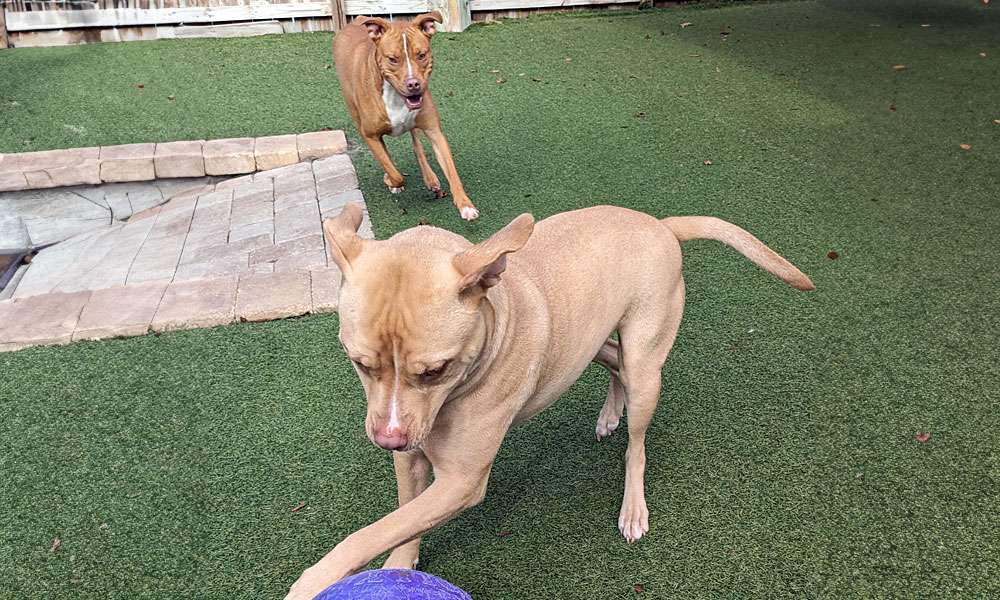
Limping or joint pain doesn’t have to limit your pet’s quality of life. With advanced diagnostics, personalized treatment, and access to rehab therapy, many pets can return to running, climbing, and playing again.
At East Hill Animal Hospital in Pensacola, our goal is to keep pets active, comfortable, and happy at every stage of life. Whether your pet’s limp is sudden or chronic, we’re here with answers and solutions you can trust.
If your dog or cat is limping, don’t wait for it to get worse. Call East Hill Animal Hospital in Pensacola, FL at 850-437-9932 for expert diagnosis, treatment, and rehabilitation care.
